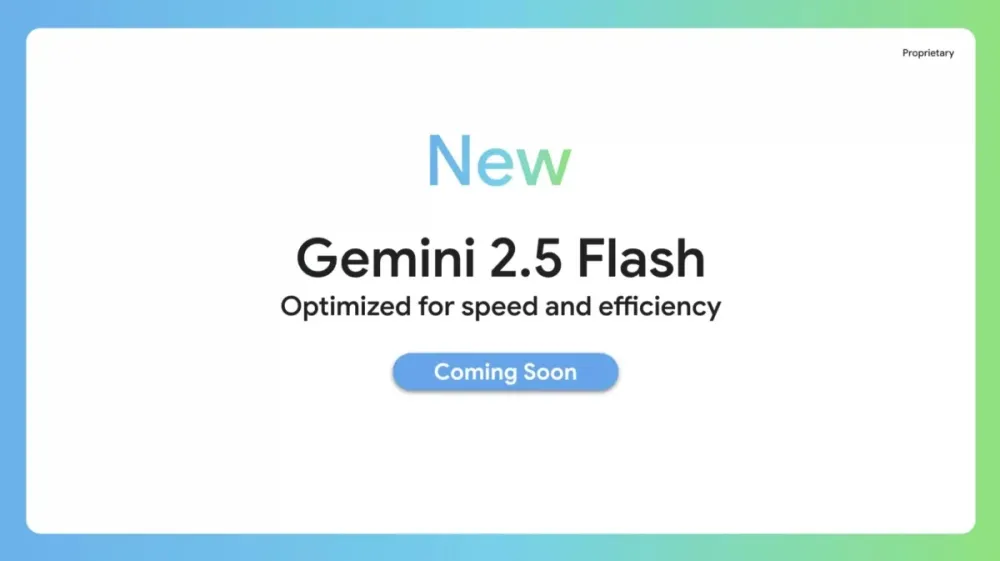
Not long ago, during the Google NEXT’25 preview, the company unveiled Gemini 2.5 Flash, an AI model engineered for lower latency and greater cost-efficiency, which is now available for developer testing.
In contrast to Gemini 2.5 Pro—Google’s most advanced AI model to date, capable of processing up to one million tokens for comprehensive content understanding, deep data analysis, domain-specific insights, and complex programming after comprehending entire codebases—Gemini 2.5 Flash prioritizes speed and affordability. Designed as the primary model for most application services, it maintains a respectable level of accuracy while offering ideal performance for building interactive virtual assistants and real-time summarization tools.
Notably, Gemini 2.5 Flash incorporates dynamic, controllable reasoning capabilities, adjusting its processing duration based on the complexity of the query—a concept Google refers to as a “thinking budget.” This enables rapid responses to simpler prompts while allowing developers and enterprises to fine-tune the model’s behavior by balancing response time, accuracy, and cost—optimizing operational efficiency across various service tiers.
Developers can configure the number of tokens generated during Gemini 2.5 Flash’s “thinking process” via Google AI Studio or Vertex AI. Reducing the token count accelerates response speed, while increasing it enables deeper reasoning at the expense of higher latency and cost.
As for the model’s knowledge base, Gemini 2.5 Flash has been trained on data up to January of this year, and it supports multimodal inputs including text, images, video, and audio. However, its outputs are text-only, and it is positioned to replace the original Gemini 2.0 Flash Thinking model.
Related Posts:
- Pro vs. Free: Gemini 2.5’s Tiered AI Power
- Android Revolution: Gemini Replaces Assistant on All Devices
- Beyond OpenAI: Apple Tests Google’s Gemini in Latest iOS Beta
